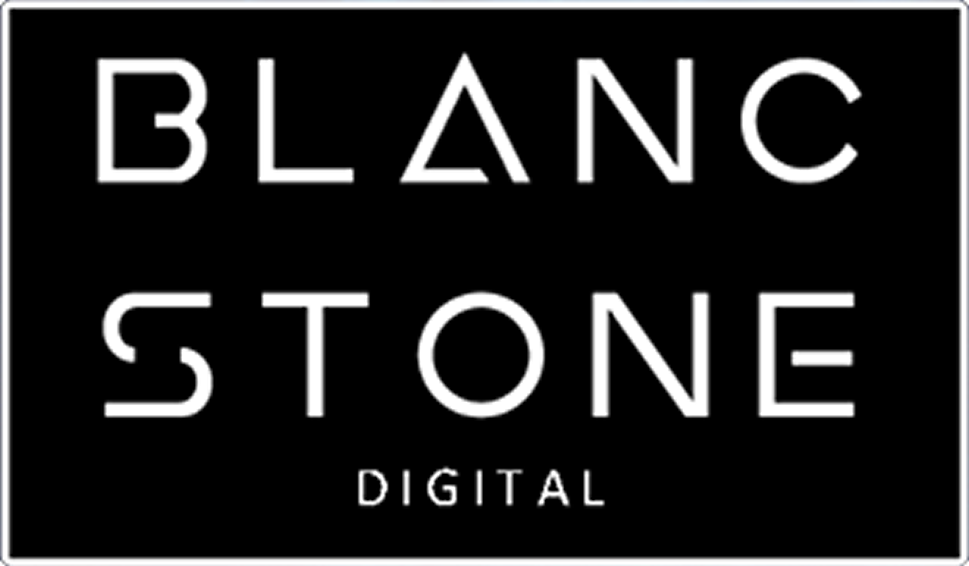Blanc Stone Digital Records Labels
About Digital Music records labels
A digital music record label is a company that specializes in producing, distributing, and promoting digital music releases. The rise of streaming platforms and the decline of physical media have made digital music record labels increasingly important in the music industry. on page, we’ll explore what digital music record labels do, the benefits they offer artists, and how they operate in the modern music industry.
Digital music record labels differ from traditional record labels in that they focus solely on digital music releases. This means that they produce, distribute, and promote music in digital formats such as MP3, FLAC, and streaming platforms like Spotify, Apple Music, and Tidal. Digital music record labels may also release music on physical formats such as CDs and vinyl, but their primary focus is on digital releases.
One of the primary benefits of signing with a digital music record label is that it allows artists to get their music out to a wider audience. Digital music record labels have the resources and connections to distribute music to a global audience through streaming platforms and online stores. This can be especially beneficial for independent artists who may not have the resources or connections to reach a global audience on their own.
Another benefit of working with a digital music record label is the support and guidance they can provide to artists. Digital music record labels often have teams of professionals who can help with tasks such as marketing, promotion, and distribution. This can be especially helpful for artists who are new to the music industry and may not have experience with these tasks.
In addition to supporting and promoting artists, digital music record labels also handle the business side of the music industry. This includes tasks such as contract negotiations, royalty collection, and copyright protection. By handling these tasks, digital music record labels allow artists to focus on creating music rather than worrying about the business side of things.
Digital music record labels operate in a number of different ways. Some digital music record labels operate on a traditional model, in which they sign artists to long-term contracts and handle all aspects of their career. Other digital music record labels operate on a more flexible model, allowing artists to retain more control over their careers and release music on a more independent basis.
There are also a number of different business models used by digital music record labels. Some digital music record labels generate revenue through the sale of digital music releases, while others generate revenue through advertising and sponsorships. Some digital music record labels also offer subscription services, allowing fans to access a large library of music for a monthly fee.
In conclusion, digital music record labels are an important part of the modern music industry. They offer artists the resources and support they need to reach a global audience, handle the business side of the industry, and focus on creating music. With the rise of streaming platforms and the decline of physical media, digital music record labels are only going to become more important in the future.

